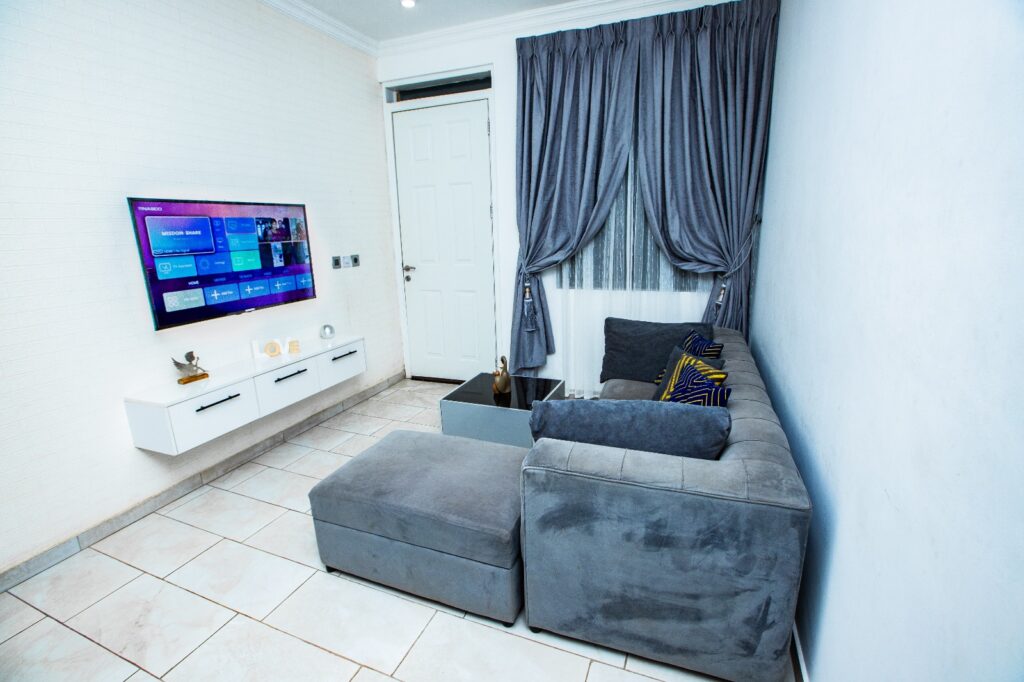What is a Short let?
A short let refers to renting out a property for a short duration, typically ranging from a few days to a few weeks. This concept has gained popularity in Ghana, particularly in urban areas where tourists, business travelers, and expatriates frequently visit. Unlike traditional long-term rentals, short let’s offer flexibility and can be a lucrative option for property owners looking to maximize their rental income.
Importance of Short lets
So, why are short lets becoming such a big deal? Well, for starters:
- Increased Revenue Potential: Short lets can yield higher revenue compared to long-term rentals. By charging a premium for short stays, landlords can capitalize on the high demand from tourists and business travelers. For example, a fully furnished apartment in Accra’s prime areas like Osu or Airport Residential can command significant nightly rates.
- Flexibility: Landlords have the flexibility to rent out their properties when they are not in use. This is particularly beneficial for those who own properties in multiple locations or those who travel frequently. They can easily make their property available for short-term renters during their absence.
- Diversified Income: Short let’s provide an additional income stream. This can be especially useful during peak tourist seasons when demand is high. For instance, properties near tourist attractions in Cape Coast or Kumasi can see a surge in bookings during holidays and festivals.
- Meeting Market Demand: The growing trend of short-term rentals is driven by the increasing number of travelers seeking home-like accommodations rather than traditional hotels. By offering a short let, landlords cater to this market demand and attract a wider range of tenants.
Disadvantages of Short lets
But let’s keep it real. There are some downsides too:
- Inconsistent Income: While short lets can generate higher revenue, the income can be inconsistent. Unlike long-term rentals with fixed monthly payments, short lets depend on occupancy rates. During off-peak seasons, landlords might experience lower occupancy, leading to reduced income.
- Increased Wear and Tear: Frequent turnover of tenants can lead to increased wear and tear on the property. Regular cleaning, maintenance, and repairs are necessary to keep the property in top condition, which can add to the operational costs.
- Time and Effort: Managing short lets requires more time and effort compared to long-term rentals. Landlords need to handle bookings, check-ins, check-outs, and address tenant concerns promptly. It can be time-consuming, especially for those managing multiple properties.
- Compliance with Regulations: Short-term rentals are subject to local regulations and zoning laws. Landlords must ensure they comply with these regulations to avoid legal issues. This includes obtaining necessary permits and adhering to safety and health standards.
Short lets present an exciting opportunity for landlords and property owners in Ghana to maximize their rental income. However, it’s important to weigh the benefits against the potential challenges. Proper planning, effective property management, and understanding market demand are crucial for success in the short let market.
Whether you’re a seasoned landlord or new to property rental, exploring the short let option could open new avenues for income and investment. At Zeahomes, we’re committed to helping you navigate this landscape and make the most of your property investments.







